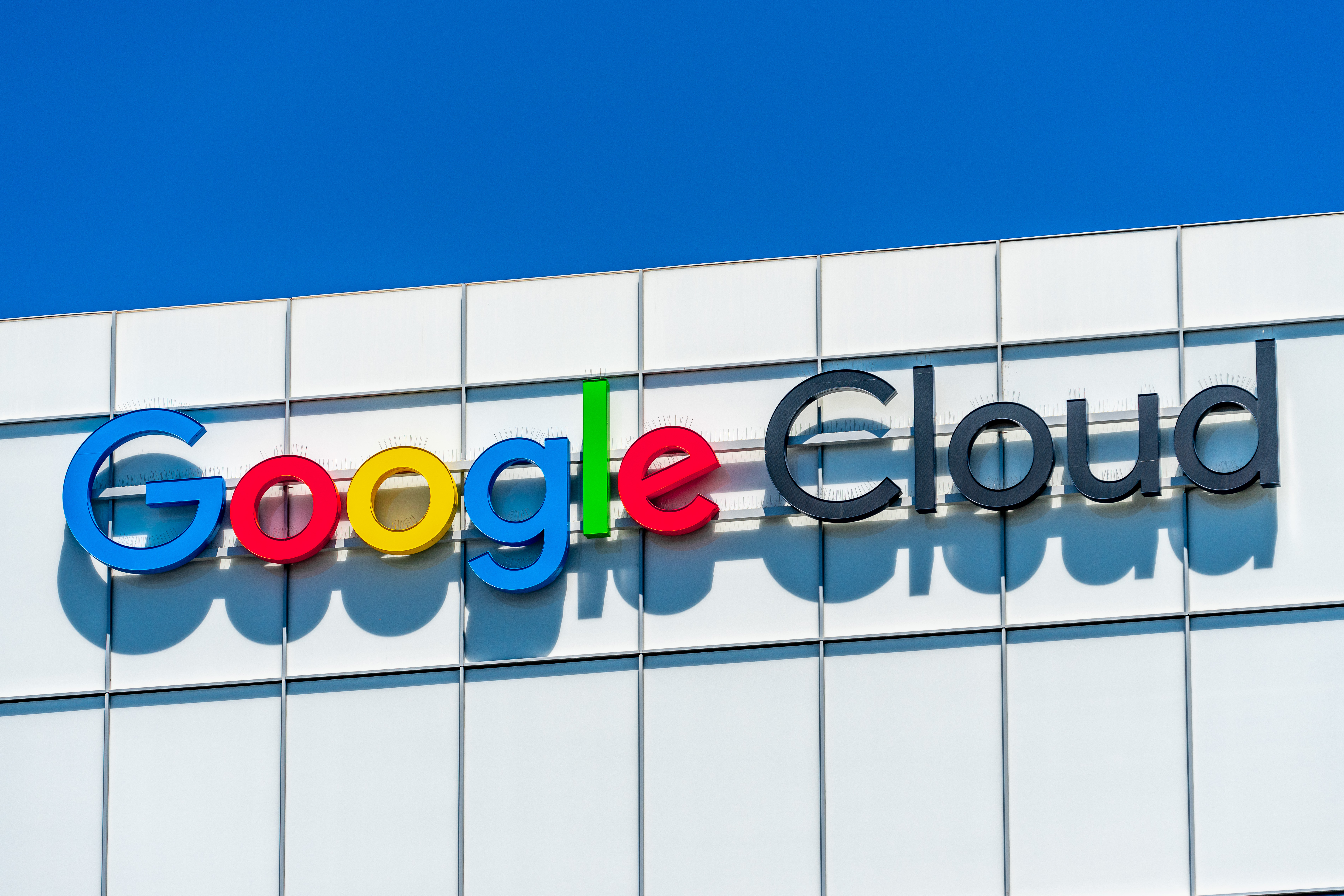 POLICY
POLICY
 POLICY
POLICY
 POLICY
POLICY
Google LLC today denied allegations that its Tensor Processing Units were developed using stolen designs, in a jury trial brought against it by a company called Singular Computing LLC.
The company has been accused of infringing on patents held by Singular and its founder, the computer scientist Joseph Bates, who is formerly an academic. Bates is claiming that he should be paid $1.67 billion by the company, which he says used his innovations to build its TPUs for artificial intelligence-related tasks.
Responding to the lawsuit, Google appeared before a federal jury in Boston, and claimed that its own scientists had developed the TPU chips independently, Reuters said in a report.
Bates was represented by his lawyer Kerry Timbers, who argued that Google had duplicated Bate’s innovations after meeting with him on multiple occasions between 2010 and 2014 to discuss his ideas.
Timbers alleged that Google used Bates’ innovations to build its earliest TPUs, which are at the center of all of the AI features made available in Google Search, Gmail, Google Translate and other services.
According to the lawsuit, Bates claims that Google’s TPUs, specifically versions 2 and 3, which debuted in 2017 and 2018 respectively, violated his patents. To back up his claims, Bates cited internal emails that reveal how Google’s top scientist Jeff Dean said the innovations were “really well suited” for the company’s chip development efforts. A second email cites another employee, who said Google’s staffers were “quite corrupted by Joe’s ideas.”
In his opening statement, Timbers said that the case is “about something we all learned a long time ago: respect for others, don’t take what doesn’t belong to you, and give credit where credit is due.”
The lawsuit comes at an interesting time, with the rise of generative AI leading to huge demand in the technology industry for powerful computer chips that can run those workloads. The majority of the world’s AI chips are supplied by Nvidia Corp., but that company is struggling to keep up with demand. As a result, tech giants, including Amazon Web Services Inc., IBM Corp., Microsoft Corp. and Google, have all developed their own processors.
Data from xResearch shows that the worldwide AI chip market was valued at $14.9 billion in 2022. The market is expected to grow at a compound annual growth rate of 40.5% through 2030, when it will be worth $227.6 billion.
XResearch claims a number of factors are driving this growth, including the rising demand for AI-powered devices and applications, the need for more powerful and efficient computing power to process large amounts of data, and growing adoption of cloud and edge computing technologies.
Google, defended by its company lawyer Robert Van Nest, countered the allegations, saying that Bates is merely a “disappointed inventor” who was unable to persuade it or other companies such as Meta Platforms Inc., Microsoft, Amazon and OpenAI to use his designs.
According to Van Nest, Bates’ failure was the result of using approximate math across his innovations, which was more likely to result in “incorrect” calculations. He said that Google’s chips are “fundamentally different from what is described in Singular’s patents.”
“Google engineers had mixed feelings about the technology and the company ultimately rejected it, explicitly telling Dr. Bates that his idea was not right for the type of applications Google was developing,” Google said in a court filing.
The lawyer said Bates and Singular had requested it to pay up to $7 billion in monetary damages over the alleged patent infringements.
Support our mission to keep content open and free by engaging with theCUBE community. Join theCUBE’s Alumni Trust Network, where technology leaders connect, share intelligence and create opportunities.
Founded by tech visionaries John Furrier and Dave Vellante, SiliconANGLE Media has built a dynamic ecosystem of industry-leading digital media brands that reach 15+ million elite tech professionals. Our new proprietary theCUBE AI Video Cloud is breaking ground in audience interaction, leveraging theCUBEai.com neural network to help technology companies make data-driven decisions and stay at the forefront of industry conversations.